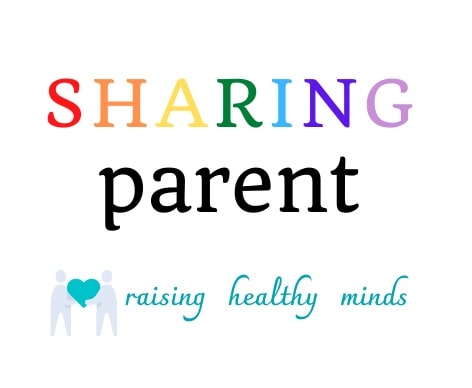Most women have heard of postnatal depression – depression which can start at any point in the first year after giving birth and may develop suddenly or gradually. These have been highlighted by famous celebrities such as Adele, Gwenyth Paltrow and Drew Barrymore who have openly shared their experiences and have helped new mothers feel less alone in the battle against postnatal depression. But prenatal depression, which is also known as antenatal depression, should also be made aware to all expectant mothers. Prenatal depression is depression which exists during pregnancy and is a serious condition which affects not just the Mother’s mental and physical health, but also the foetuses. Some studies have shown prenatal depression could cause developmental, emotional and behavioural problems in babies. This is why prenatal depression is more than just a passing moment of sadness and SHOULD NOT be ignored.
What is prenatal/antenatal depression?
Prenatal depression is when you feel sad all the time. This is for weeks or even months during pregnancy and can affect about 10 per cent of pregnant women and varies from mild to moderate.
Prenatal depression symptoms
- Persistent sadness
- Not enjoying things you usually enjoy doing
- Finding it hard to make everyday decision
- Loss of appetite or overeating
- Lack of energy
- Not caring much about personal hygiene
- Avoiding family and friends
- Feeling guilty or like a failure
- Persistent anxiety
- Sleep problems
- Problems with concentration
- Feeling emotionally detached
- Thoughts of self harm or suicide
Many of these symptons are experienced during a normal pregnancy. But if they continue for more than two weeks at a time or interfere with your ability to function in daily life, then you should make an urgent appointment with your midwife or GP.
Prenatal depression causes
An imbalance in hormones is certainly a factor in prenatal depression. But since all women experience hormonal changes and not all become depressed there are other risk factors involved.
These include the following:
- Unplanned pregnancy
- Major life events such as bereavement or divorce
- Low self esteem or a difficult childhood
- Physical discomfort during pregnancy e.g. morning sickness, back pain. Managing pregnancy symptons every day can wear you down mentally.
- Complication in previous pregnancies or complications with conceiving
- Pre existing mental health problems e.g. depression ,anxiety or bipolar disorder
How will depression be treated?
It is very important to contact your GP or midwife if you are feeling depressed during pregnancy. Every woman is different, so your medical advisor will work with you to create a plan of treatment.
Most women will be recommended cognitive behavioural therapy (CBT) which is a psychological treatment designed to help you identify negative thought patterns and correct them with time. You may be offered a therapist, counsellor or ask for you to attend support groups .
Alternatively, if psychological treatment does not help, you may be offered antidepressant medication. At current, there is not enough evidence to determine whether antidepressants are compleletly safe during pregnancy. However if your GP suggests this they will have carefully weighed up the risks and benefits to you and your baby.
What else can I do to relieve depression?
There are a few proven self-help techniques which could lift your mood.
Talk to your friends/family
‘A problem shared is a problem halved’ – talking to a sympathetic friend/family may help you with feeling less alone and may help with putting things in to perspective. Be honest and tell them how you feel so they can support you.
Look after yourself
Nurturing yourself with good nutrition and exercising regularly is paramount to general health and has shown to boost mood and depression. Even a short walk of 30 minutes a day could give you the personal space and mental clarity to tackle depression.
Take time to relax
Sleeping enough is important for mental health. Try and get 7-9 hours of sleep a night and maintain a regular nightime routine. In addition, depression and anxiety often go hand in hand, meditation or breathing exercises to calm your mind and body could be helpful .
Discover more self help techniques here in our post: How to overcome prenatal depression


1 Comment
Pingback: How to overcome prenatal depression – Sharing Parent